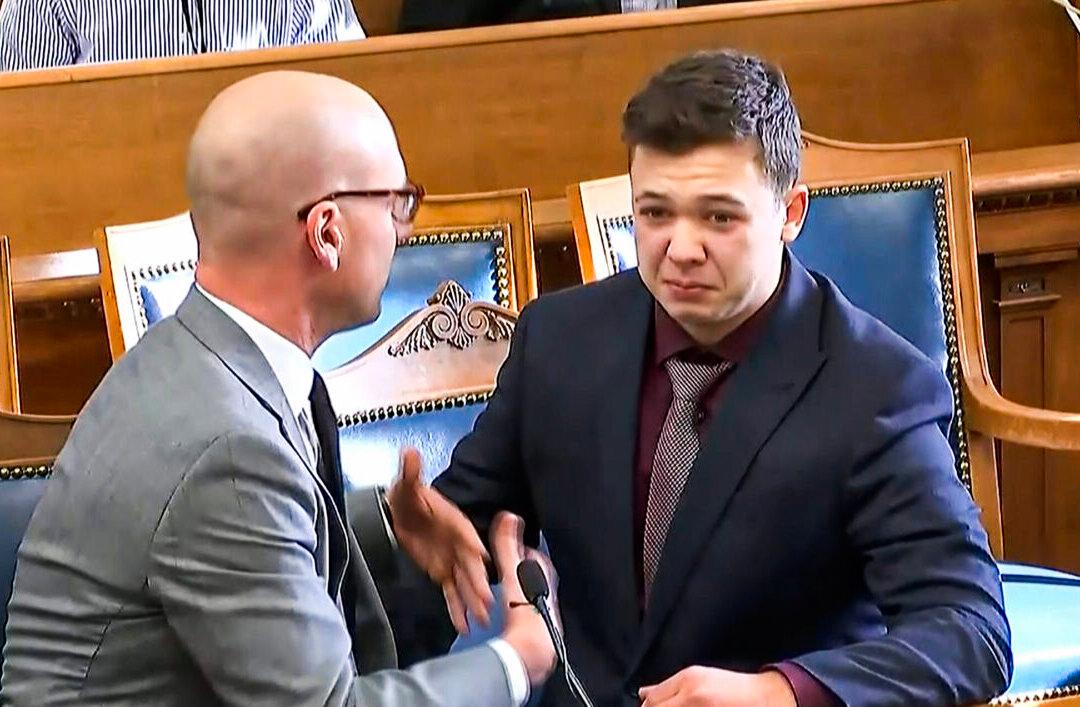Commentary
I’m thrilled at the Kyle Rittenhouse verdict. In fact, when it was read aloud in court, I felt a surge of emotion. Contrary to my normally stoical personality, I was even on the verge of tears.

I’m thrilled at the Kyle Rittenhouse verdict. In fact, when it was read aloud in court, I felt a surge of emotion. Contrary to my normally stoical personality, I was even on the verge of tears.